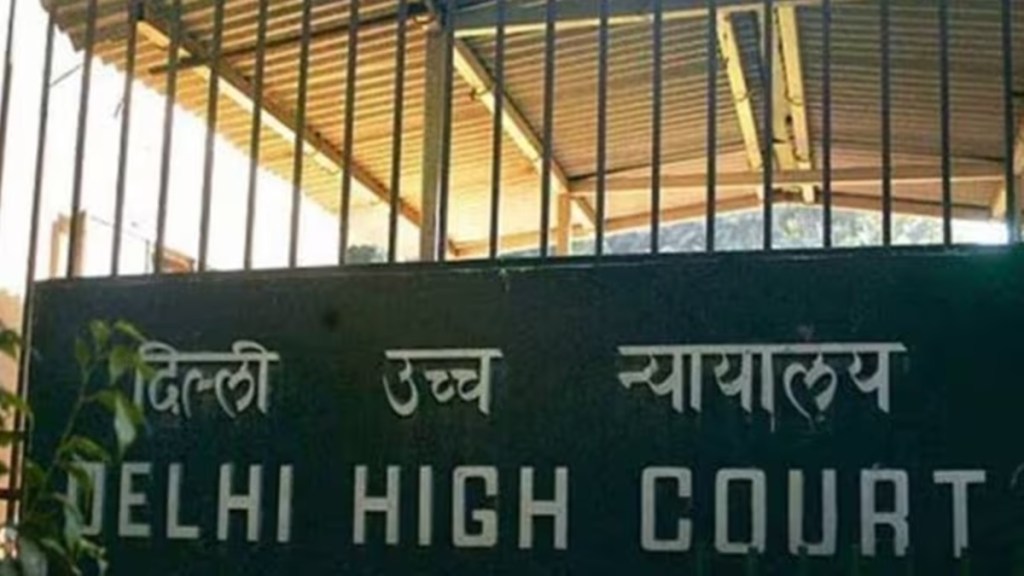The Delhi High Court on Monday dismissed Turkish company Celebi’s challenge to the revocation of its security clearance by the Bureau of Civil Aviation Security (BCAS), citing overriding concerns of national security.
In its ruling, Justice Sachin Datta, stated that the presence of “compelling national security considerations” justified the action taken against Celebi. The firm operates ground handling and cargo terminal services at several domestic airports through its subsidiaries, Celebi Airport Services and Celebi Delhi Cargo Terminal Management.
The BCAS had revoked Celebi’s security clearance on May 15, shortly after Turkey expressed support for Pakistan and criticised India’s military strikes targeting terror infrastructure across the border.
In the detailed judgment, the court highlighted the heightened importance of strict vetting processes for entities involved in airport operations, particularly those with foreign links. These operations offer significant access to aircraft, cargo, passenger data, and secure zones, making them critical from a national security standpoint.
The court rejected Celebi’s argument that the government’s move violated principles of natural justice. While acknowledging the importance of procedural fairness, the court asserted that safeguarding national security takes precedence. “Security of the realm is the pre-condition for enjoyment of all other rights,” the judgment said.
The verdict referred to a previous Supreme Court ruling that affirmed the executive’s primary role in assessing threats tied to international relations, while also cautioning that “national security” should not be misused to override legal safeguards. Nonetheless, once genuine security risks are identified, the judiciary should not second-guess executive decisions, the high court’s order added.
The court also dismissed Celebi’s claim that the revocation breached the Aircraft Security Rules, holding that the Director General of BCAS acted within his authority, based on credible intelligence inputs.
The Centre had argued that continuing Celebi’s services posed an “unprecedented” threat in the current geopolitical climate, asserting that the decision was made after receiving sensitive information from law enforcement and intelligence agencies.
Celebi, a long-time operator in India with more than 10,000 employees across nine airports, had contended that it was denied a fair hearing and that the revocation lacked transparency. However, the court found that the state had met both the conditions laid down by the Supreme Court: the existence of genuine national security concerns, and a valid justification for limiting procedural due process in such exceptional cases.

